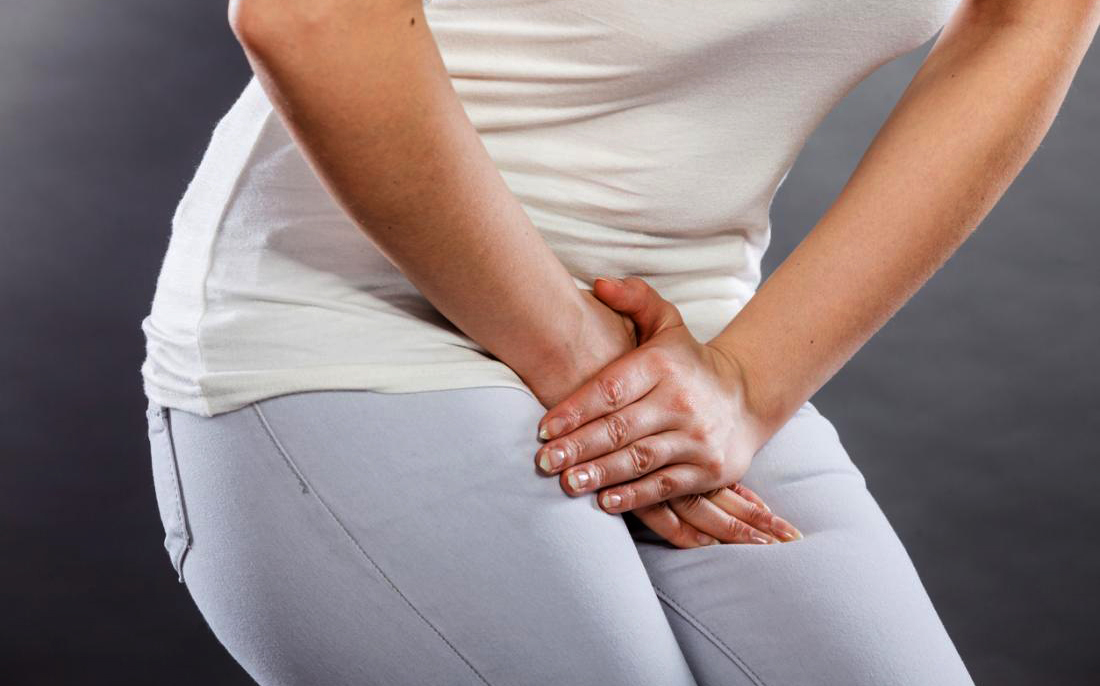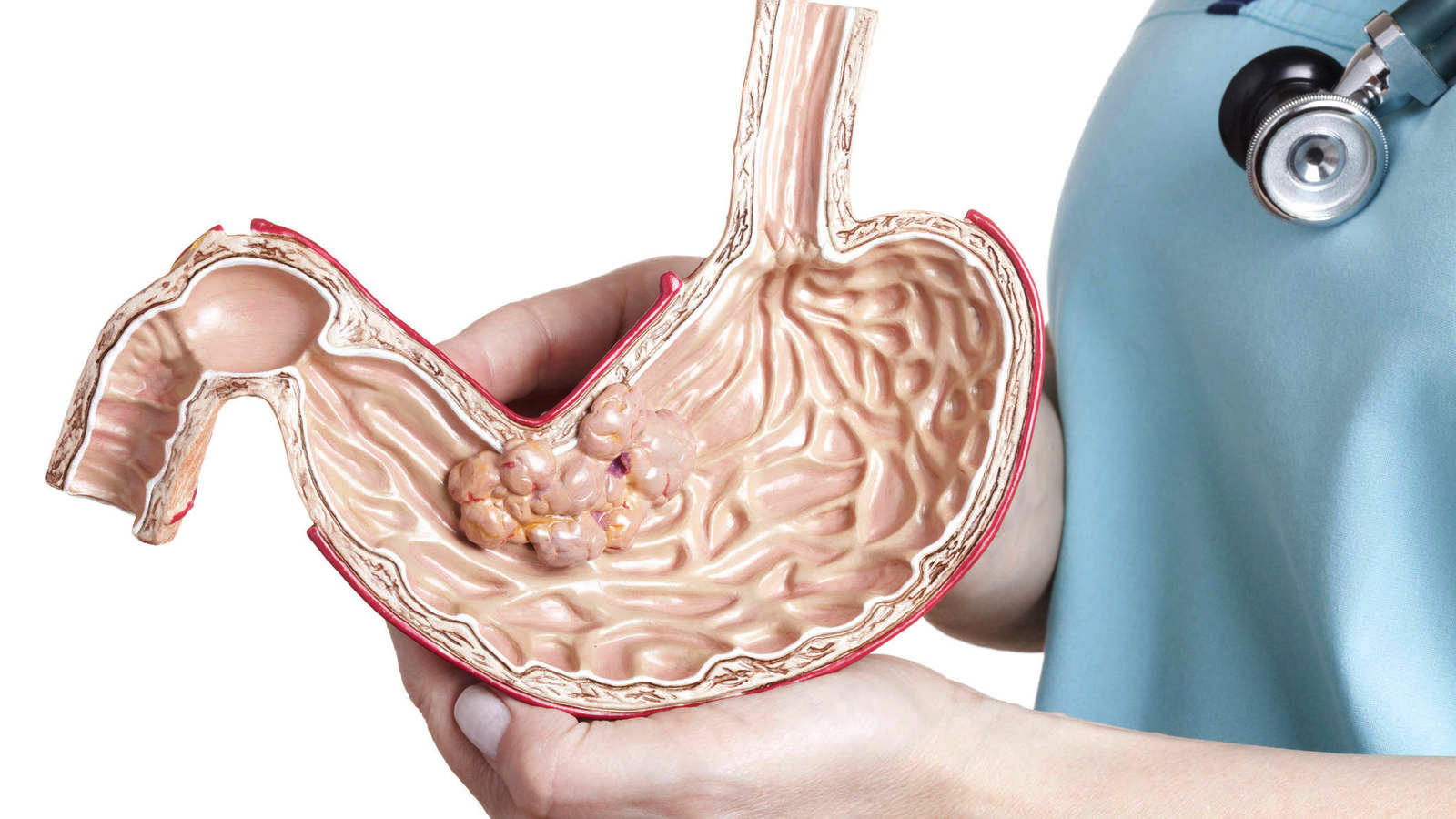[et_pb_section bb_built=”1″][et_pb_row][et_pb_column type=”4_4″][et_pb_text _builder_version=”3.13.1″]
Vaginitis is an inflammation of the mucous wall of the vagina, which is usually accompanied by vulvar involvement.
Vaginitis is one of the most frequent gynecological problems during childhood and adolescence. Normal vaginal discharge is white, heterogeneous and lacks odor; any change in its characteristics may indicate the presence of an infectious vaginitis. Vaginitis occurs with itching, swelling and redness of the tissues. Due to the intense itching, scratching lesions on the vulva can also be found. These symptoms are also accompanied by a strange vaginal discharge called leukorrhea, which will be different depending on the cause of the disease:
The following situations can cause vaginitis:
- Infections: an infection is the cause of most vaginitis in adult women, and they are usually due to bacteria, although they can also be caused by other causes such as viruses or fungi. The most common are candidiasis and trichomoniasis.
- Allergic reactions: to medicines, materials used in the manufacture of underwear, products used for intimate hygiene, compresses or tampons, spermicides, lubricants, preservatives, or even chemical components of detergents or fabric softeners with which the clothes were washed They can also be among the causes of vaginitis.
- Injuries or foreign bodies inside the vagina: this is common in young girls, who can get to introduce small toys.
- Hormonal: Atrophic vaginitis is common in postmenopausal women, because in this period of life estrogen levels drop sharply, the internal lining of the vagina becomes thinner, and normal flow decreases.
To diagnose whether or not there is vaginitis, first the doctor must proceed to the physical examination of the patient, observing the distribution of hair, the presence of scratching lesions, and the characteristics of leucorrhoea.
It is very important to determine the origin of the problem to establish an adequate treatment capable of eliminating the factors that trigger vaginitis.
The following recommendations will help you prevent vaginitis:
- It is advisable to wear clothes that do not oppress and allow perspiration, and take care of intimate hygiene using products that do not irritate the skin or alter the vaginal pH.
- Intimate deodorants and perfumed products (toilet paper, soaps) can cause allergy, so it is best not to use them.
- Vaginal douching should be avoided because it can irritate and cause dryness.
- The perineal area should always be cleaned from front to back to avoid contact with germs from the anus. It is important to teach girls to do it correctly and to use them from a young age to wash their hands before and after using the toilet.
- It is necessary to wash hands and genitals before and after having sex.
- Consult the gynecologist when changes in flow are observed, if bleeding occurs outside of menstruation, or if irritation, dryness, itching, or any unusual signs are observed.
Always take care of your health with a unique and efficient service. Visit Pharmamedic.
[/et_pb_text][/et_pb_column][/et_pb_row][/et_pb_section]






